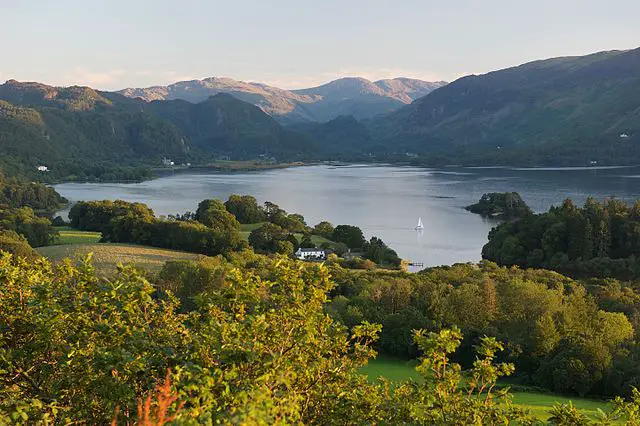
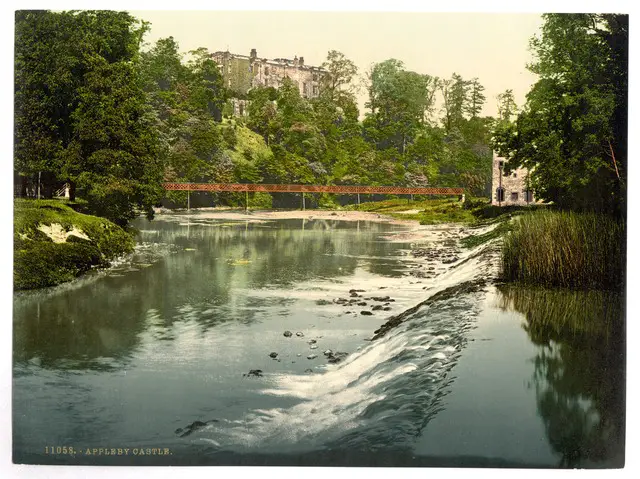
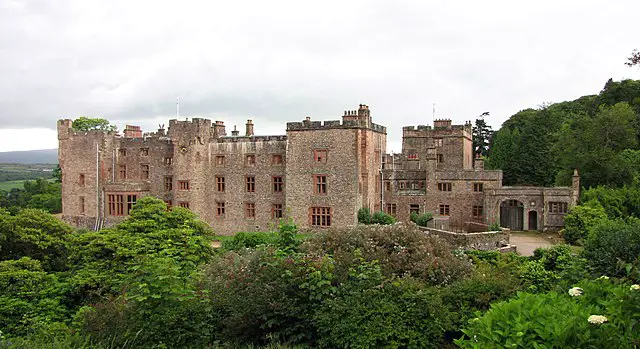
The Lake District is a picturesque region located in the northwest of England, known for its spectacular landscapes and outdoor activities. The area is home to 16 major lakes and numerous tarns, as well as rugged fells, and gentle dales, making it a popular destination for tourists looking to experience the beauty of the English countryside.
The Lake District is a designated National Park, which means that it’s protected and preserved for its natural beauty, wildlife, and cultural heritage. The area is home to a wide variety of wildlife, including red deer, peregrine falcons, and ospreys. Visitors can also spot a wide variety of birds such as the ring ouzel, the curlew, and the golden plover.
The Lake District is a popular destination for outdoor activities such as hiking, climbing, and sailing. There are numerous walking trails in the area, suitable for visitors of all ages and fitness levels. Some of the most popular trails include the Langdale Pikes, Scafell Pike, and Helvellyn. The area is also popular for climbing, with numerous climbing routes on offer, from beginner to expert level. Visitors can also take to the water on one of the many lakes and enjoy sailing and boating activities.
The Lake District is also home to a number of historic and cultural attractions. Visitors can explore the medieval ruins of Muncaster Castle, or the 17th-century house of Levens Hall. The area is also home to a number of museums and art galleries, including the Wordsworth Museum and Dove Cottage, which was the home of the famous poet William Wordsworth.
The Lake District is easily accessible by car, train, and bus. The closest major city to the Lake District is Manchester, which is well-connected to the area by train and bus. Visitors can also fly into Manchester Airport and take a connecting train or bus to the Lake District.
Overall, The Lake District is a must-visit destination for tourists looking to experience the natural beauty of the English countryside. The area is home to a wide variety of outdoor activities, wildlife, and cultural attractions, making it a perfect spot for visitors of all ages and interests. The Lake District is a designated National Park and it’s protected and preserved for its natural beauty, wildlife, and cultural heritage, making it a great spot to relax and explore. The area is easily accessible by car, train, and bus, and it’s located nearby major cities like Manchester.
Ambleside is a charming and picturesque village located in the heart of the Lake District, a popular tourist destination in the northwest of England. The village is situated on the banks of Lake Windermere, the largest lake in the area, and is known for its beautiful scenery and outdoor activities.
One of the main attractions in Ambleside is Lake Windermere, where visitors can take a leisurely cruise on one of the vintage steam boats, the MV Tern, or the MV Swift. Visitors can also take part in water-based activities such as sailing, windsurfing, and kayaking. The lake is also a great spot for fishing, and visitors can catch a variety of fish such as pike, perch and trout. Visitors can also take a stroll along the lake shore, where you can find many picnic spots and take in the beautiful views of the lake and the surrounding fells.
The village of Ambleside is also home to a number of historic and cultural attractions. Visitors can explore the Armitt Museum and Library, which is dedicated to the history and culture of the Lake District. The museum also has a collection of works by local artists and writers, such as Beatrix Potter, who had a home in the area. The village also features the Bridge House, a small 17th-century building which is a National Trust property, and St Mary’s Church, which dates back to the 15th century.
Ambleside is a popular spot for hiking and climbing, with numerous trails and routes suitable for visitors of all ages and fitness levels. Some of the most popular trails include the Fairfield Horseshoe, a challenging circuit with great views of the surrounding area, and the Loughrigg Fell, a moderate climb that offers panoramic views of the surrounding lakes. The village also offers a number of gentle walks suitable for families and less experienced walkers, such as the route around Stock Ghyll Force, a 70ft waterfall.
The village of Ambleside is easily accessible by car, train, and bus. The closest major city to Ambleside is Manchester, which is well-connected to the area by train and bus. Visitors can also fly into Manchester Airport and take a connecting train or bus to Ambleside. The village is well served by a good public transport network, and there are regular bus services to other destinations in the Lake District, such as Grasmere and Windermere.
Ambleside is a popular destination for shopping, with a wide range of independent shops, art galleries, and specialty food stores. There are also many cafes, pubs and restaurants, offering local produce and traditional fare. The village is also home to a number of hotels, bed and breakfasts and self-catering accommodation to suit all budgets.
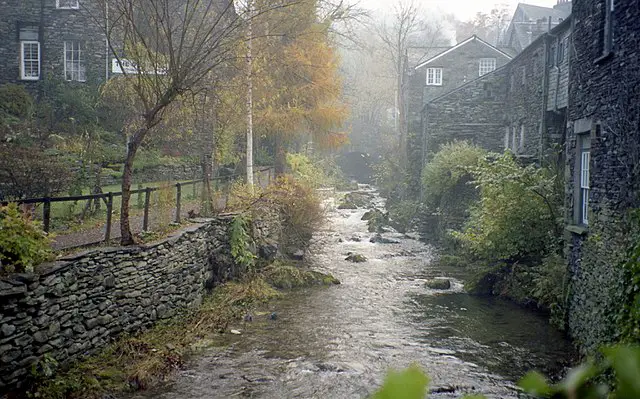
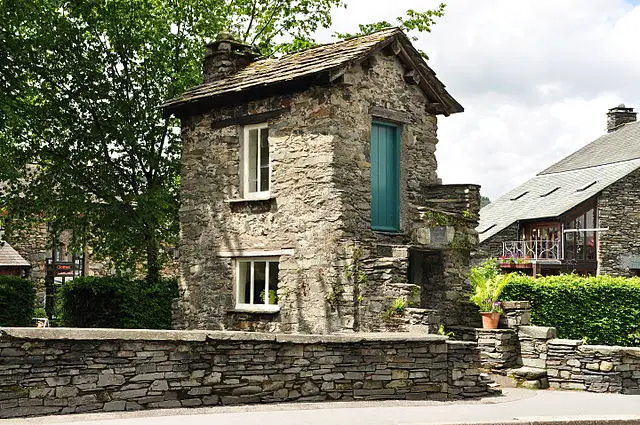
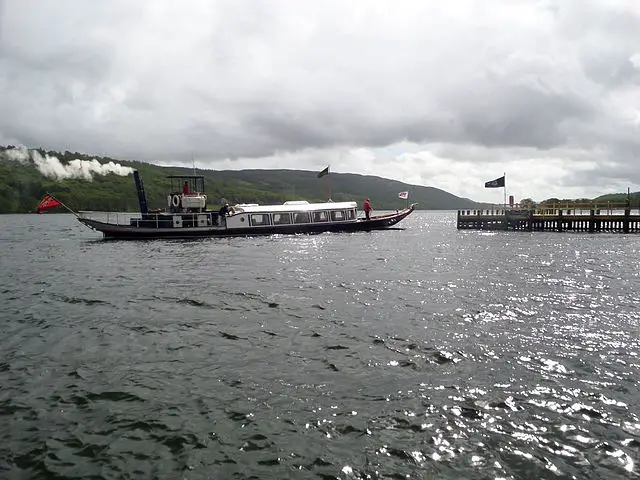
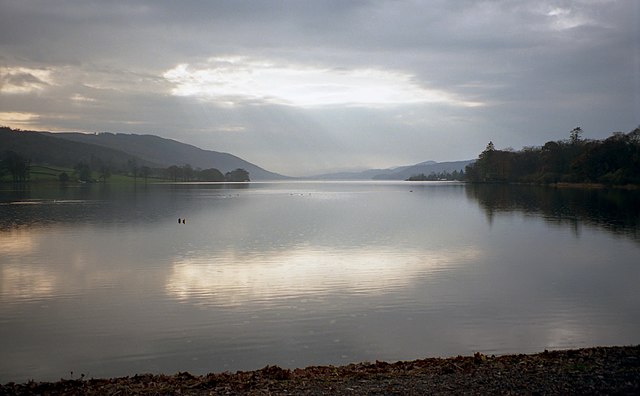
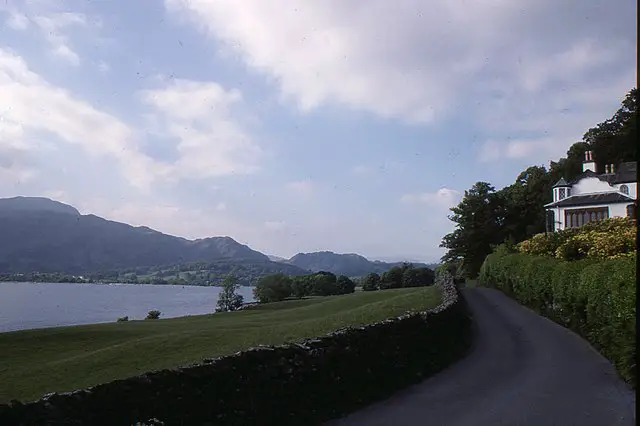
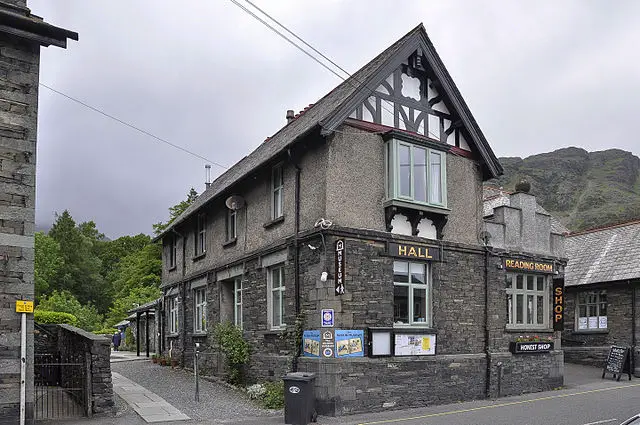
Coniston is a village located on the banks of Coniston Water, one of the largest lakes in the area, known for its clear blue waters and beautiful scenery. The village is a popular destination for tourists looking to experience the natural beauty of the Lake District and the many outdoor activities the area has to offer.
Coniston Water is a popular spot for a variety of water-based activities, such as sailing, windsurfing, and kayaking. Visitors can also take a leisurely cruise on the lake on one of the vintage steam-powered boats, the Gondola or the Steam Yacht Gondola. The lake is also a great spot for fishing, and visitors can catch a variety of fish such as pike, perch and trout.
The village of Coniston is also home to a number of historic and cultural attractions. Visitors can explore the Ruskin Museum, which is dedicated to the life and work of the artist, writer and social critic John Ruskin, who had a home in the area. The museum also has on display, the original Bluebird K7, the boat in which Donald Campbell broke the world water speed record on the lake in the 1950s.
Coniston is also a popular spot for hiking and climbing, with numerous trails and routes suitable for visitors of all ages and fitness levels. Some of the most popular trails include the Old Man of Coniston, a 803m high fell with great views of the surrounding area, and the Coppermines Valley, a beautiful valley with a rich mining history.
The village of Coniston is easily accessible by car, train, and bus. The closest major city to Coniston is Manchester, which is well-connected to the area by train and bus. Visitors can also fly into Manchester Airport and take a connecting train or bus to Coniston.